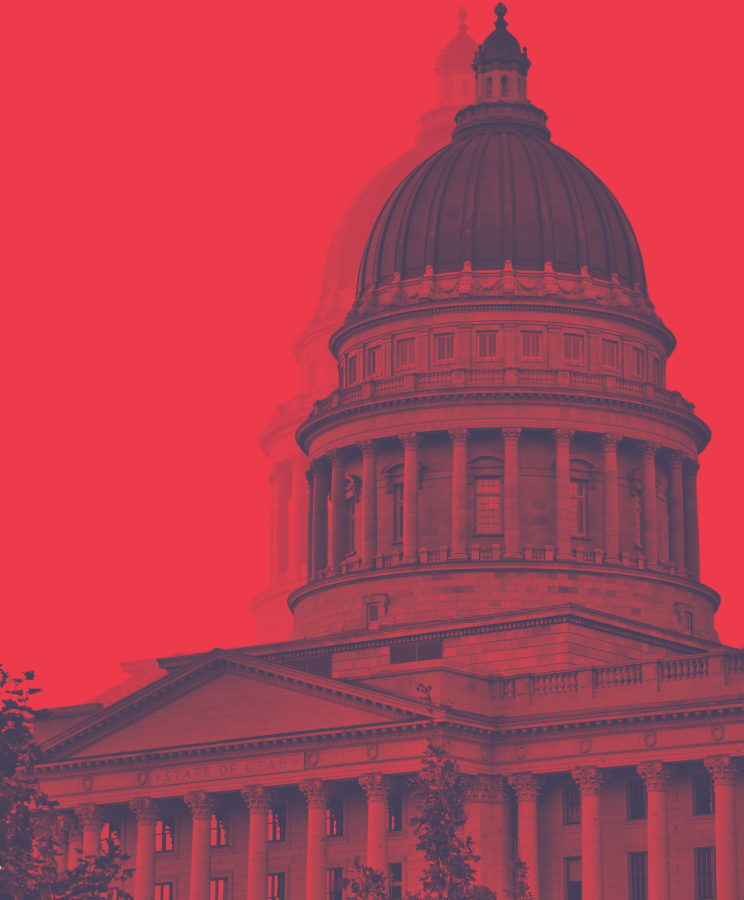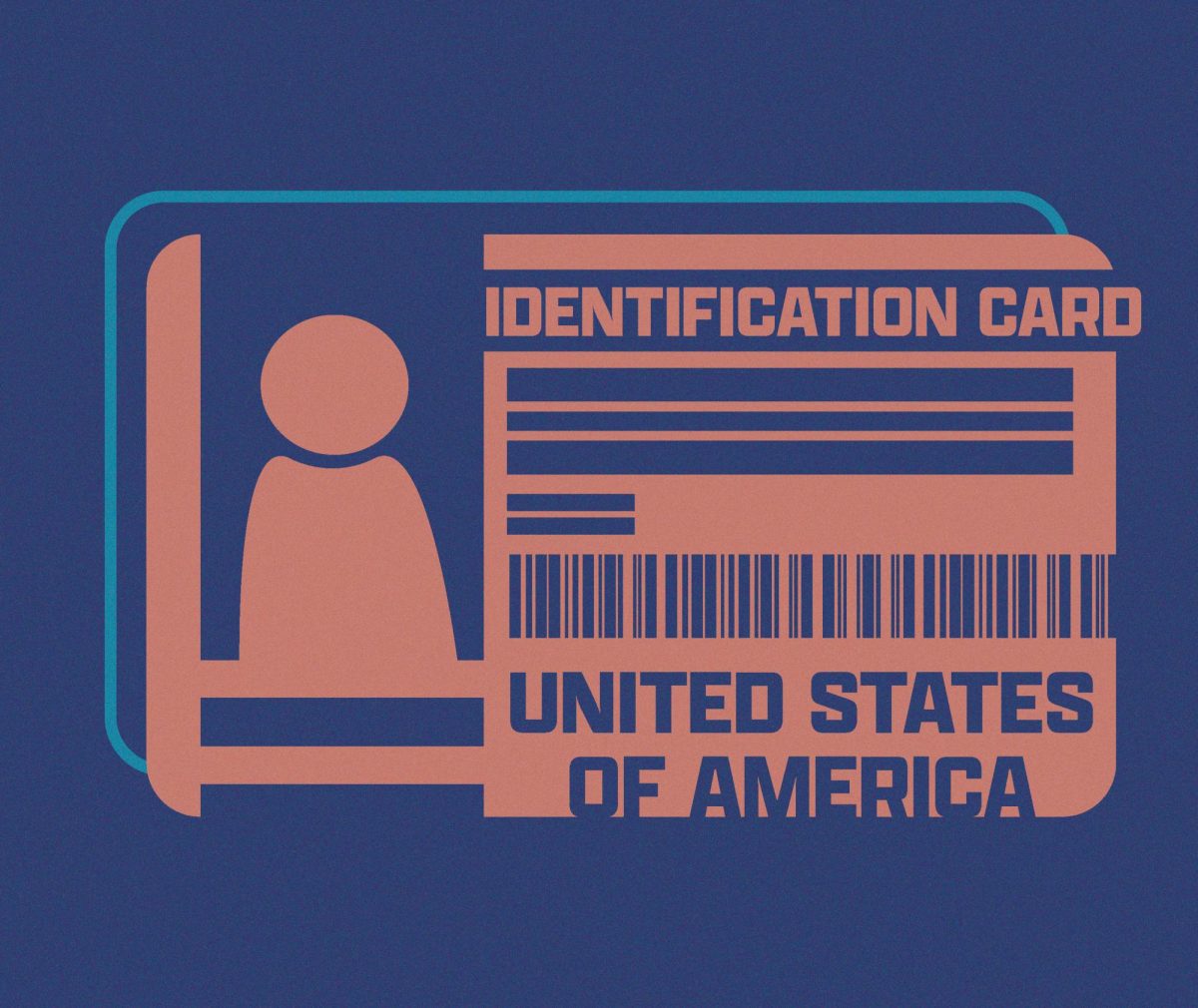Donald Trump’s interview with Tucker Carlson on Aug. 23 highlighted a myriad of old talking points. These included a range of justifications for his insurrection attempt. Trump and others have consistently pushed the false narrative of voter ID laws, and the lack thereof, causing rampant voter fraud and ultimately costing the GOP the 2020 election.
ID laws have been used to perpetuate systemic racism throughout the United States, particularly because their political motivation defends the premise of voter exclusion. Specifically, it ensures voting remains a luxury of the wealthy, rather than a right afforded to all. Politicians who tout this fake reality are not concerned with integrity or security.
The way in which we identify ourselves is insecure, inefficient and inconsistent. A national ID system would likely rectify key issues with how our ID system operates and the flaws inherent in it. If our leaders were actually concerned about the security of our elections, they would push for meaningful change rather than thinly veiled racism.
Insecurities in Our ID Systems
Currently, there are three different major ways to identify people in the United States — driver’s licenses, passports and Social Security numbers. Social Security numbers aren’t very secure and link directly to your finances. Driver’s licenses and passports are only physical, so they can be lost or stolen quite easily.
Obtaining a new license or social security card in most states requires proof of residency and a different form of identification. This makes our entire ID system based on personal trivia. These systems are relatively easy to subvert if the goal is to use someone else’s information — identity theft is one of the most prominent types of fraud in the U.S. Realistically, our ID system isn’t robust enough to truly protect our elections from a determined fraudster.
Different States Have Different Standards
The varying rules between states pose an extreme problem with voter ID laws. For example, Utah IDs expire after just five years, while Wyoming’s ID expires after ten. This means someone could vote using a Wyoming ID for nearly two times as long as a Utah ID, even if they’re out of state. Furthermore, the usability of different state resources varies from place to place, which drastically loosens security and makes obtaining an ID needlessly difficult.
How we operate as states is fundamentally different and allows people to take advantage of insecurities. If nothing else, these inconsistencies in regulations create an unnecessarily complicated system, which is easy to make mistakes in. This would make voting worse for the average citizen and continue to prop up systemic voter suppression in our country.
National ID is a Compromise
A federally issued driver’s licensing system, or a national ID system, would be much better than what we currently have. This would make rules for obtaining any form of ID consistent throughout the U.S.. Instead of state DMVs, federal DMVs should become the norm. We need to make obtaining such an ID free for any citizen or resident in order to create an equal system.
A system that exists in a similar capacity is REAL ID, which dictates interstate travel by aircraft. National databases are nothing new, and flight registries and other services have existed for decades. This would simply move regulation to the federal level. The possibility of discrimination because of these IDs is a very real concern — however, it becomes inconsequential when compared to the impact our current system already has. Social Security numbers are tied to credit, which affects our ability to rent or enter into a loan. In reality, whichever system we try and create will be a vast improvement over our current system, since any cartoonish dystopian future we dream up is likely already present.
Advocating for voter ID laws without having the necessary infrastructure does nothing but negatively impact vulnerable communities. If conservatives are serious about pushing for a secure voting system, we need to first address our current ID system. Implementing federal IDs would address major problems with our current system and ultimately could make everything more secure.



















